Across various states and cities in America, certain dog breeds have been legally banned or heavily restricted. These bans are usually part of breed-specific legislation aimed at reducing attacks or injuries associated with aggressive dog behavior. While critics argue that these laws unfairly target certain breeds rather than irresponsible owners, the fact remains that many places have chosen to outlaw specific dogs entirely. Here are nine breeds that have faced bans in parts of the United States, along with the reasons behind the restrictions.
American Pit Bull Terrier
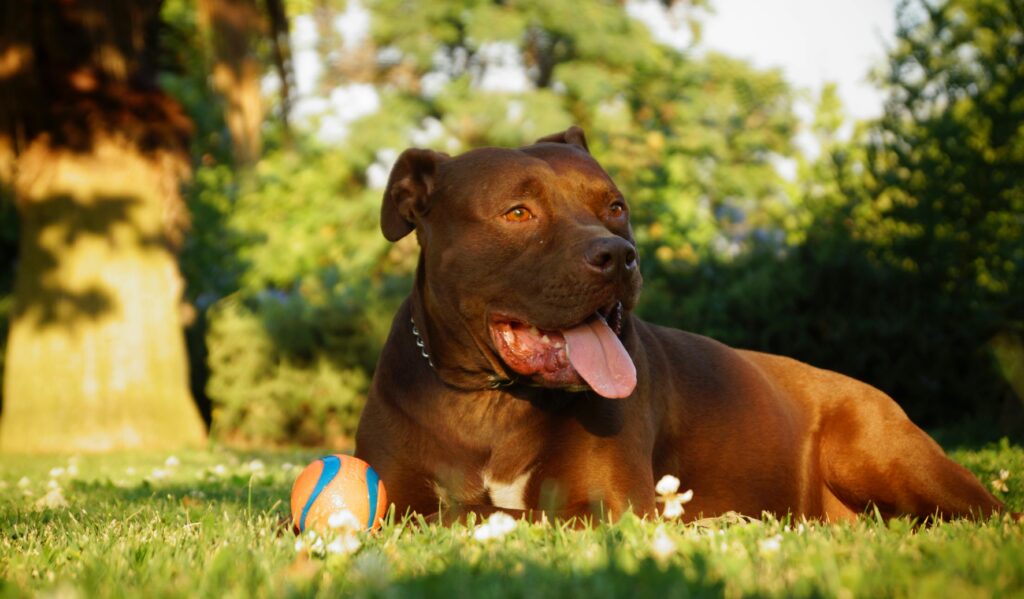
The American Pit Bull Terrier is one of the most commonly banned dog breeds in the country. Many cities and counties legally prohibit ownership of this breed, citing concerns about strength and aggression. These dogs have powerful jaws and muscular builds, which can make them dangerous if not properly trained and socialized. Some regions even require owners to carry special insurance or follow strict containment rules. The breed’s image has suffered due to a history of involvement in illegal dog fighting rings, although many advocates insist that proper care can prevent aggression.
Rottweiler
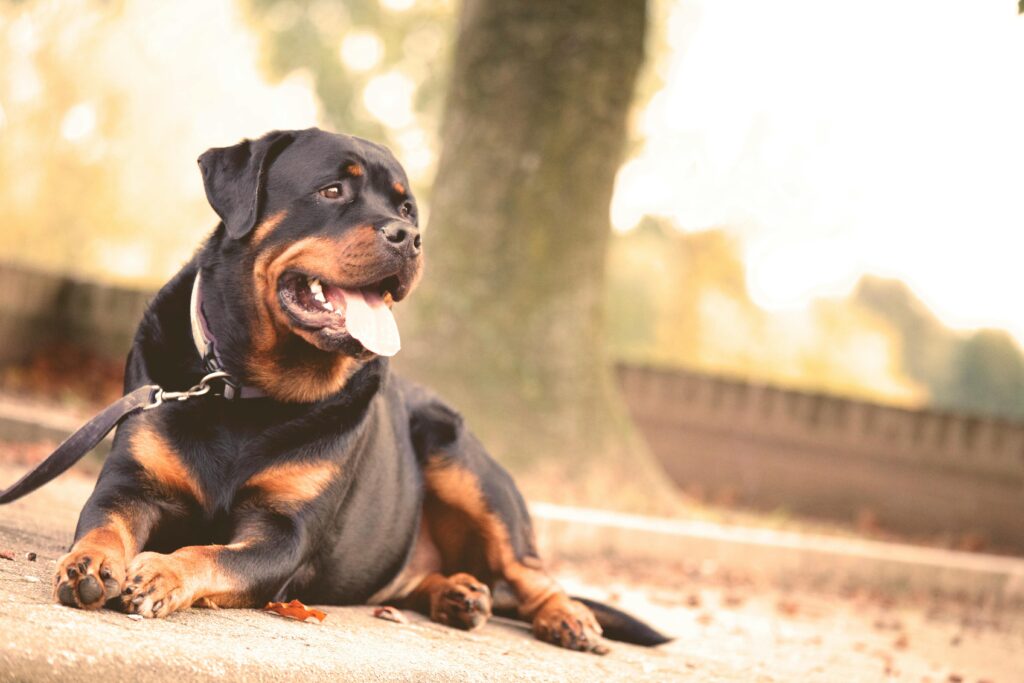
Rottweilers are often seen as loyal and protective dog breeds, but their imposing size and guarding instincts have made them a target of breed bans in several areas. Some U.S. jurisdictions have laws restricting or outlawing the breed entirely. Rottweilers can weigh over 100 pounds and are known to be territorial, making them a risk in neighborhoods with children or small pets. Cities that have banned Rottweilers usually cite concerns about bite incidents and public safety. Despite their reputation, many Rottweilers can be gentle family pets when properly trained.
German Shepherd
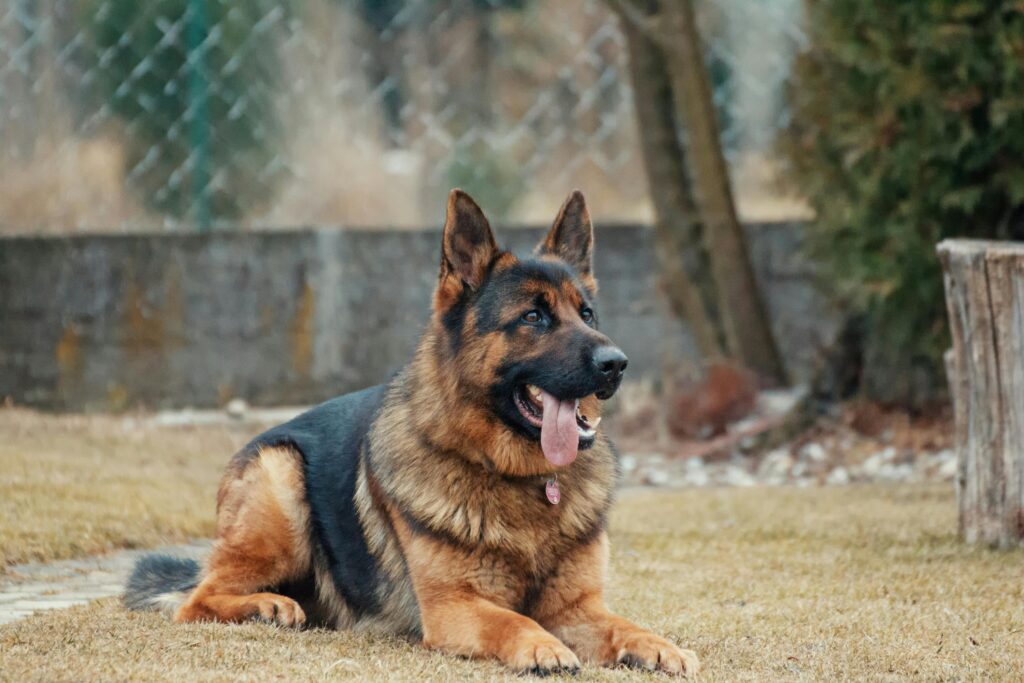
German Shepherds have long been celebrated for their intelligence and service roles in police and military work. However, not all regions view them favorably. Some cities and housing authorities include German Shepherds in their lists of banned or restricted breeds. These dogs are large, highly active, and protective, which can lead to aggression if they are not socialized well. Misunderstandings about their temperament contribute to their inclusion on banned breed lists, especially in areas where dog attacks have prompted swift legislative responses.
Presa Canario
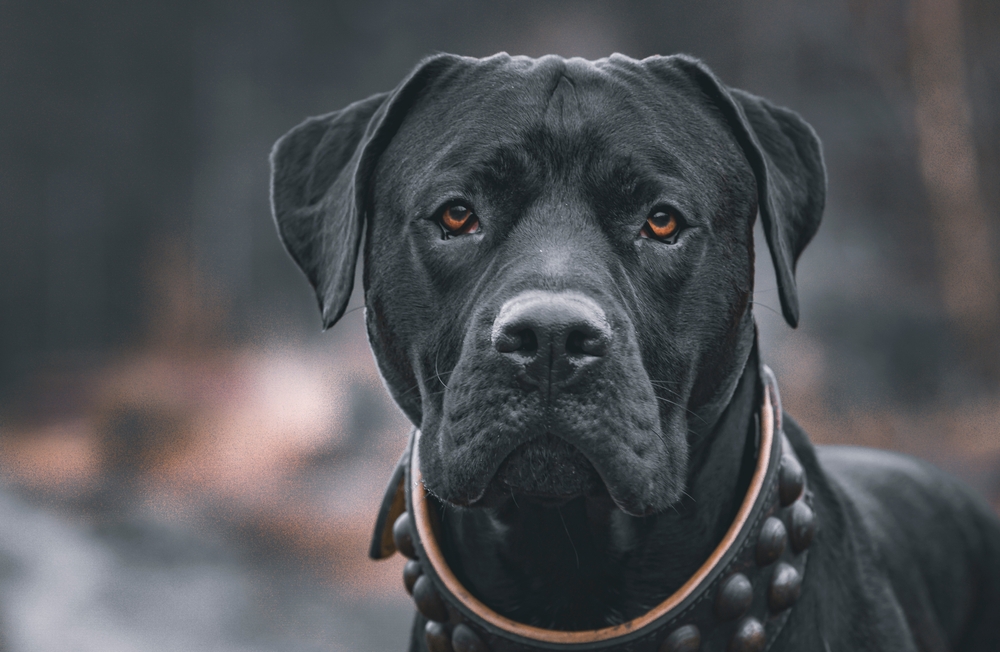
The Presa Canario is a large and muscular breed originally bred for guarding livestock. Their intimidating appearance and strong bite force have resulted in bans in multiple U.S. cities. This breed is not very common, but where it does appear, it tends to be surrounded by caution. The Presa Canario requires experienced handling and consistent training to avoid dominance-related behaviors. Because of past incidents involving fatal attacks, some municipalities have added them to the list of prohibited dogs as a preventive measure.
Dogo Argentino
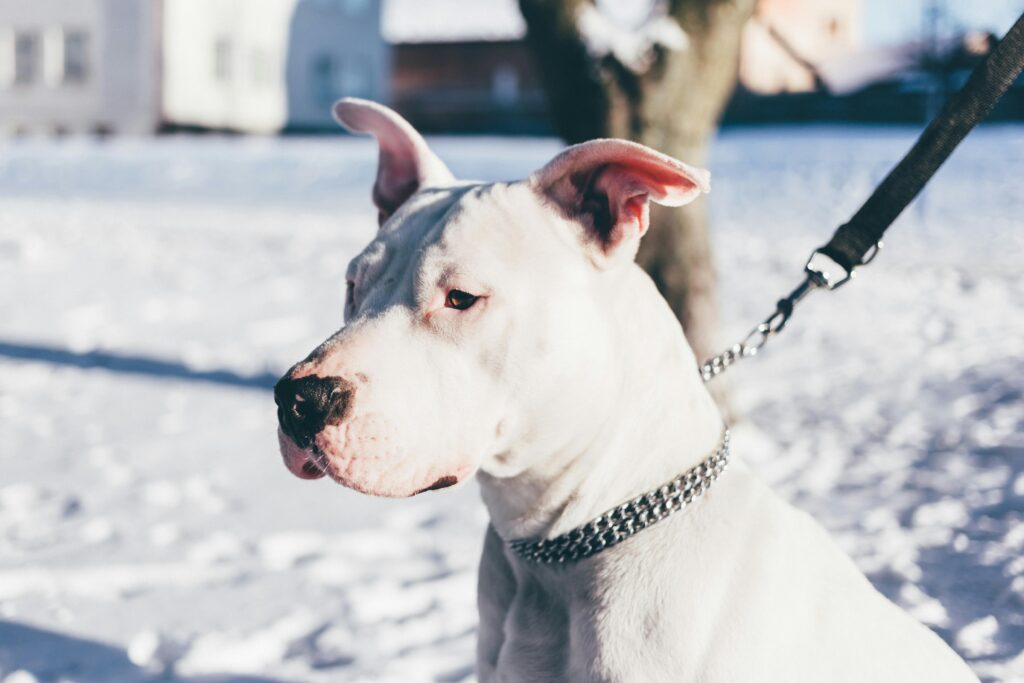
The Dogo Argentino was bred in Argentina for big-game hunting and protection. Its athletic build and strength have caused alarm in parts of the United States. This breed has been legally outlawed or restricted in cities where dog attacks have raised public concern. The Dogo Argentino is known to be fearless and determined, which can become problematic without proper control. Laws banning this breed often reflect a precautionary stance rather than reaction to specific local incidents. Still, in areas where the breed is allowed, owners must often meet extra legal requirements.
Wolf Hybrid
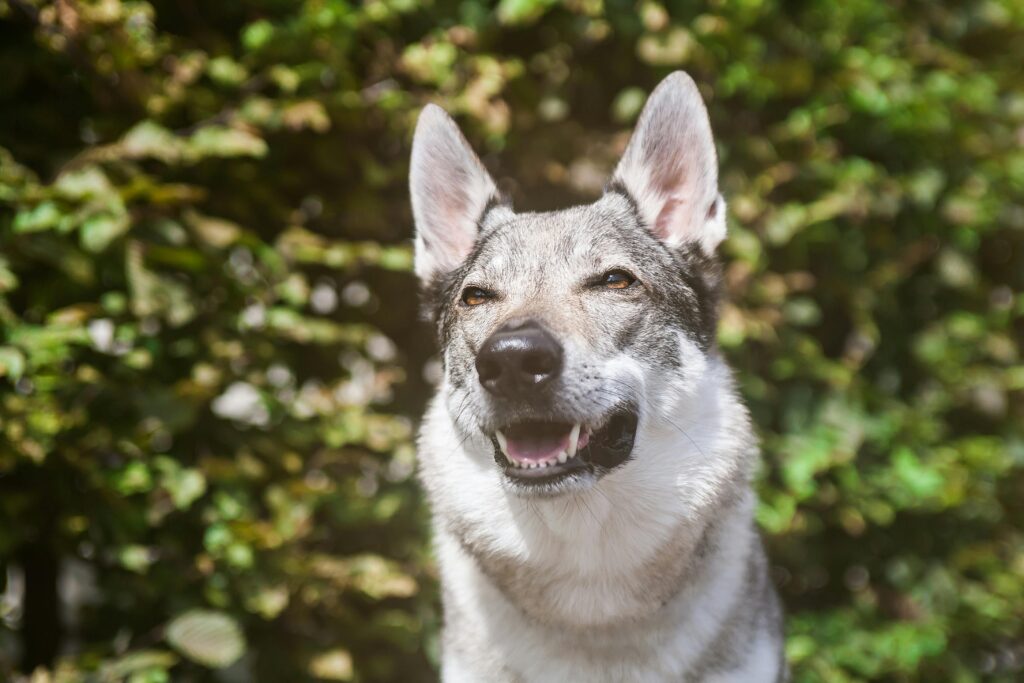
Wolf hybrids, which are a mix between domestic dogs and wolves, are banned in several states and cities across the country. These animals often retain unpredictable behaviors linked to their wild ancestry. While some wolf hybrids can be socialized, they are not fully domesticated and can pose serious risks. Their legal status varies widely, but many local governments prohibit ownership due to concerns about public safety and animal control challenges. Even where legal, owners are typically subject to strict licensing and containment regulations.
Alaskan Malamute
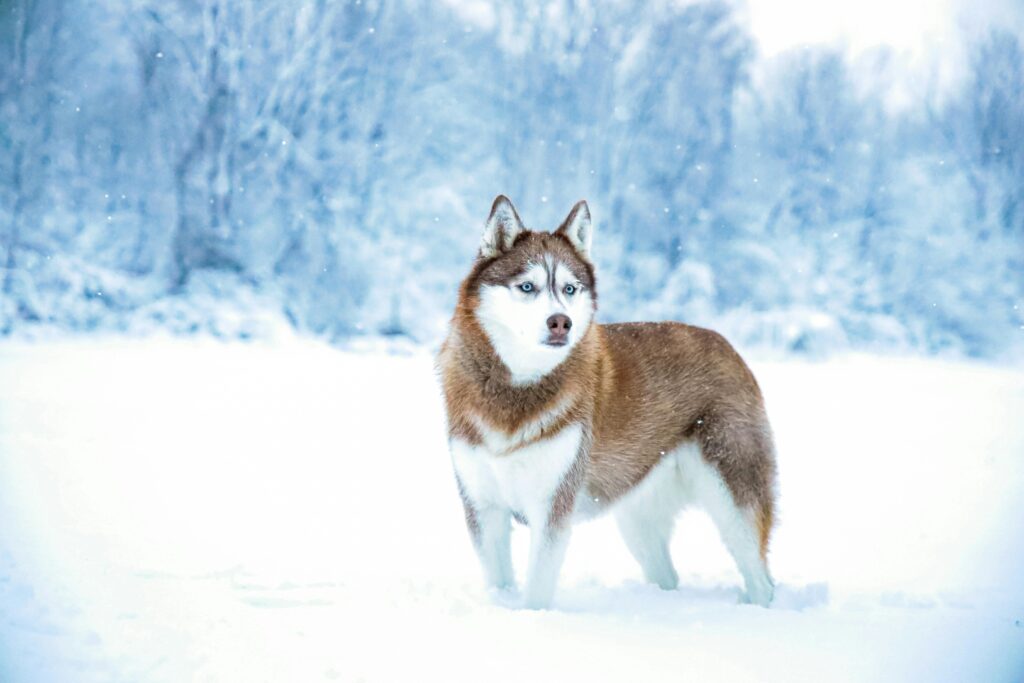
The Alaskan Malamute is a sled dog known for strength and endurance. Although not as commonly banned as other breeds, some U.S. areas have placed restrictions on them due to concerns about aggression. These dogs are large and powerful, and if not trained well, they may become difficult to control. Their independent nature can be mistaken for stubbornness or disobedience, which in high-stress situations may lead to unwanted behavior. Where banned, the breed is usually grouped with other northern working dogs perceived as legally dangerous.
Read More: Why Female Dogs Pay Closer Attention to Their Owners Than Males Do
Chow Chow
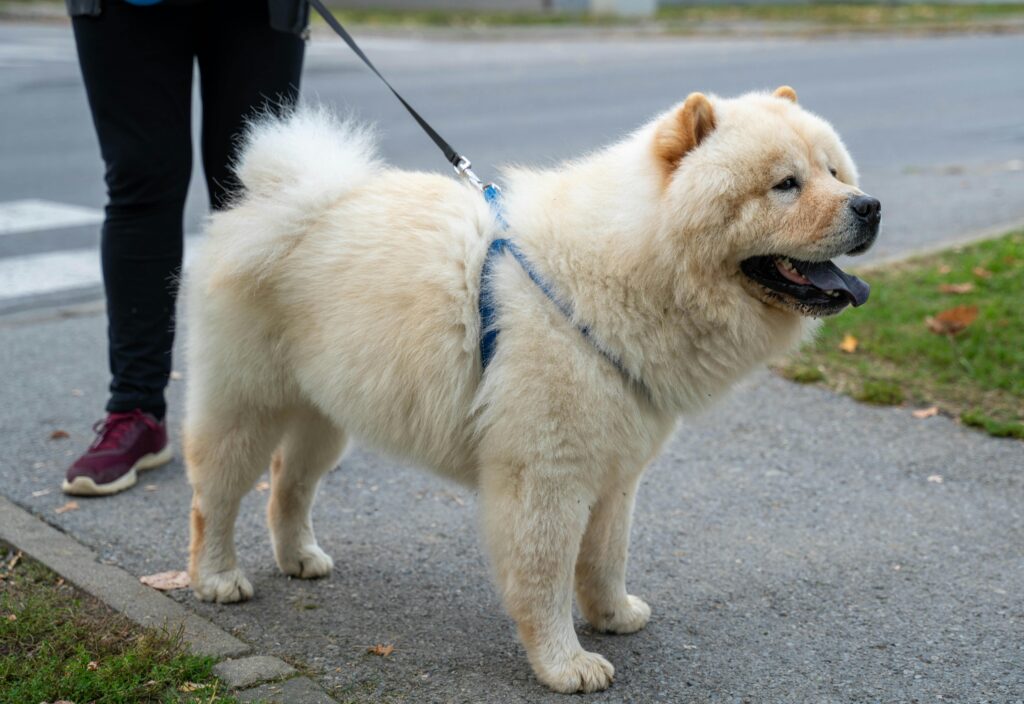
The Chow Chow is a distinctive breed with a lion-like mane and deep-set eyes. Though smaller than many other banned breeds, Chow Chows have faced restrictions in several U.S. cities and apartment complexes. The breed is known for being aloof, territorial, and sometimes aggressive toward strangers. Their unpredictable behavior has made some landlords and municipalities cautious. Chow Chows require strong leadership from their owners, as well as early and consistent socialization. Without these, they may be more prone to biting incidents.
Doberman Pinscher
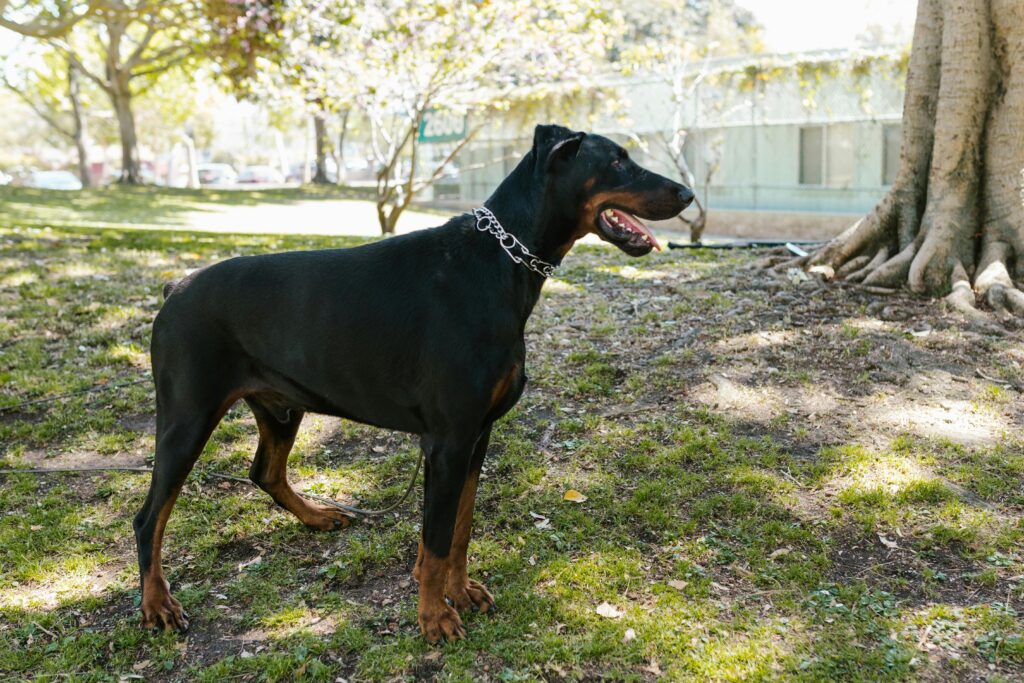
Doberman Pinschers are sleek, alert, and often used as guard dogs. Despite their loyal and obedient nature when well-trained, they are banned in some residential areas. The breed’s speed, strength, and protectiveness make them intimidating to some communities. While not as commonly banned as pit bulls or Rottweilers, Dobermans are still restricted in places where breed-specific legislation is active. Property management companies sometimes disallow Dobermans in rental agreements, even if local laws permit them. Proper training is key to preventing aggressive tendencies.
Legally Bred-Specific Bans
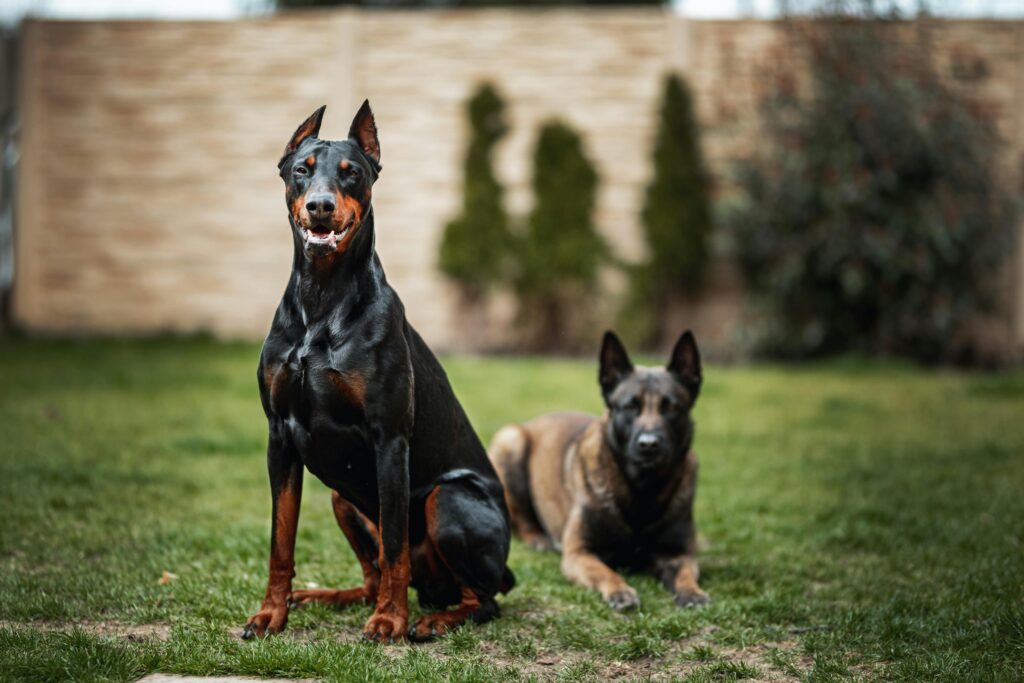
Breed-specific laws remain controversial. Supporters believe these regulations protect the public from potentially dangerous animals, while critics argue that behavior depends more on individual training and owner responsibility. Legally banned breeds can thrive in loving homes when properly raised, exercised, and socialized. Still, for those considering adopting one of these breeds, it’s essential to understand local laws. Some cities impose heavy fines or even confiscate outlawed breeds, regardless of the animal’s behavior. Responsible ownership and awareness of legal boundaries are crucial when dealing with powerful or misunderstood dogs.
Read More: Dogs Develop Emotional Traits Based on Their Owners, New Research Shows
Disclaimer: This article was created with AI assistance and edited by a human for accuracy and clarity.
